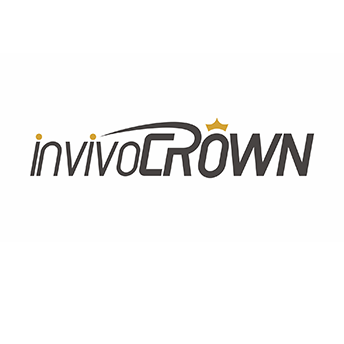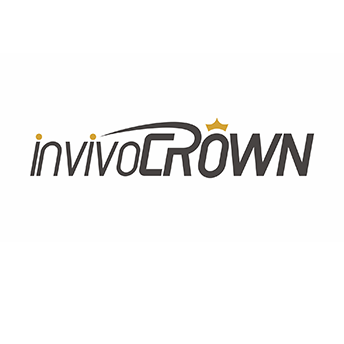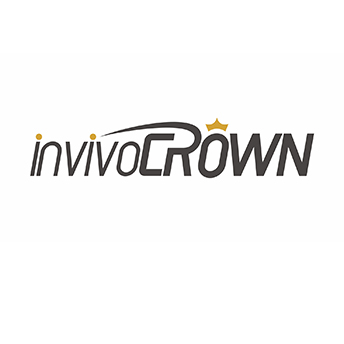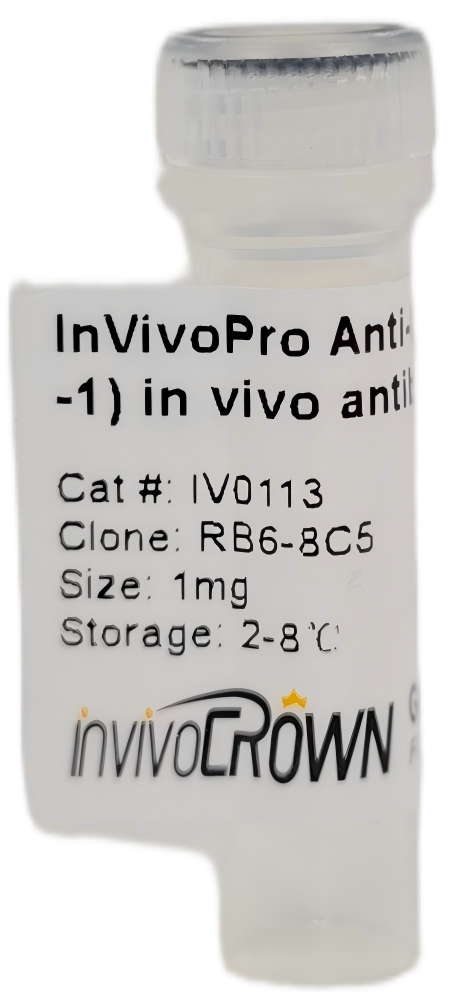| Catalog |
IV0111 |
| Product Name |
InVivoPro Anti-Mouse NK1.1(CD161) Antibody in vivo antibody, Clone PK136 |
| Size |
1mg/5mg/25mg/50mg/100mg |
| Isotype |
Mouse IgG2a κ |
| Clone |
PK136 |
| Target |
NK1.1 |
| Other Names |
CD161 antigen, CD161, CD161/NK1.1 |
| Isotype Control Catalog Code |
Mouse IgG2a Isotype Control |
| Dilution Buffer |
PBS, pH 7.2, contains no stabilizers or preservatives |
| Reactivity |
Mouse |
| Host Species |
Mouse |
| How much antibody to use in vivo |
200-500 μg per mouse; or 10-20 mg/kg. This range is based off the most recent publication data using the PK136 clone in vivo. Each investigator should determine their own optimal working dilution for specific applications. |
| Background |
NK-1.1 surface antigen, also known as CD161b/CD161c, is encoded by the NKR-P1B/NKR-P1C gene. It is expressed on NK cells and NK-T cells in some mouse strains. NK-1.1 has also been shown to play a role in NK cell activation, IFN-γ production, and cytotoxic granule release. NK-1.1 and DX5 are commonly used as mouse NK cell markers. |
| Applications |
In vivo NK cell depletion, Flow cytometry |
| Purification |
protein A or G |
| Storage |
This antibody is stable for at least 2 months when stored at 2-8°C. For long term storage, aliquot in working volumes without diluting and store at -20°C or -80°C. Avoid repeated freeze thaw cycles. |
| Shipping |
2-8°C with blue ice |
| Concentration |
Lot specific, generally ≥ 5.0 mg/ml |
| Shelf Life |
12 months from the date of receipt if stored as recommended |
| Formulation |
PBS Buffer, PH 7.2, with no carrier protein, or preservatives. |
| Sterility |
0.2 μM filtered |
| Endotoxin |
≤ 1.0 EU/mg, by the LAL method |
| Purity |
99% |





